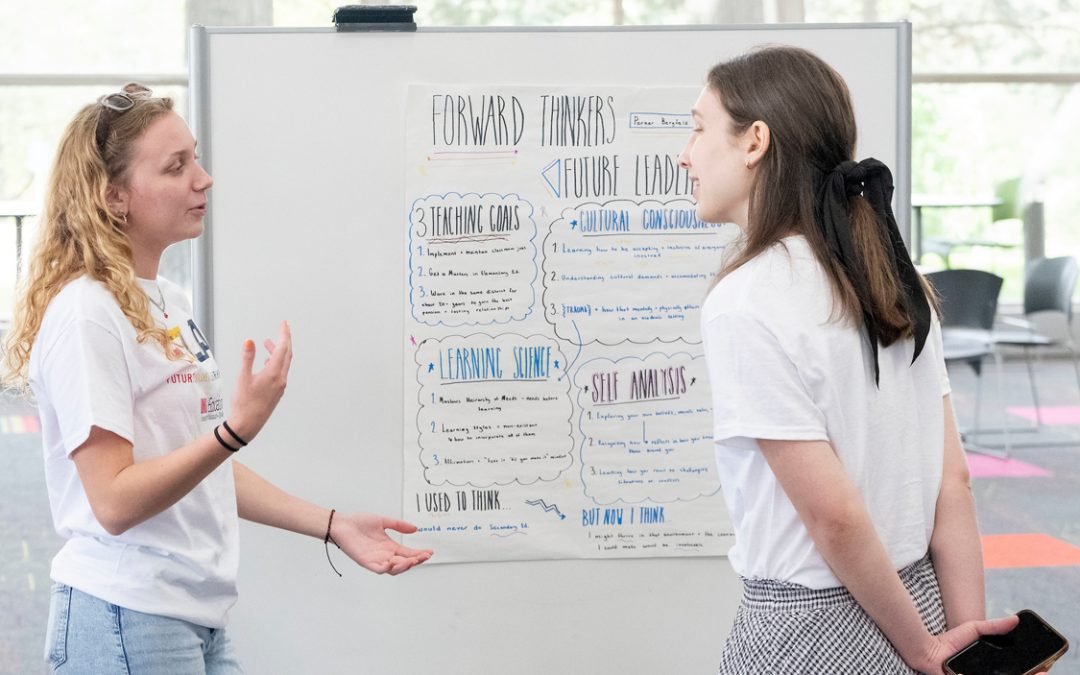
Diego Salazar, a PhD candidate in biology at UMSL, has been awarded a $15,000 dissertation improvement grant from the National Science Foundation for his doctoral dissertation.
Research taking place at the University of Missouri–St. Louis could render valuable insight into how biodiversity can affect natural ecosystems.
Diego Salazar, a PhD candidate in biology at UMSL, has been awarded a $15,000 dissertation improvement grant from the National Science Foundation for his doctoral dissertation which is titled “The effect of plant phylogenetic and chemical diversity on herbivore community structure and plant host herbivore damage.”
“I feel very happy and honored by this award,” Salazar said.
The main goal of his research is to explore the link between the numbers of different species of plants (plant diversity), the number of plant defense chemicals (chemical diversity) and, the damage caused to plants by natural enemies (herbivores).
When confronted with imminent danger by a predator, plants are unable to escape or hide. Thus, they’ve evolved amazing mechanisms to stand their ground and defend themselves.
“Chemistry is the sharpest tool in their shed,” explains Salazar. “The distinct flavors from mustard, cinnamon, pepper and mint are just a few examples of the incredibly diverse chemical arsenal that plants use gain protection against herbivores.”
Salazar hopes the knowledge he acquires will help toward the development of new agricultural practices that will provide stronger resistant to insect pests without the use of artificial pesticides or transgenic manipulation.
Salazar has conducted field work in the Amazon rainforest in Ecuador, where he lived with a small native Indian community. He also lived for several weeks on a boat in the Amazon River in Peru.
Salazar credits the support he’s received at UMSL with making the award possible.
“The awarded grant reflects the quality of our biology department, the outstanding contribution that the Whitney R. Harris World Ecology Center brings to our curriculum and the strong support that the College of Arts and Sciences gives to their graduate students,” Salazar said.
The $15,000 grant money will be used for research to add to the set of data that Salazar has collected. Salazar’s adviser, biology professor Robert Marquis, said the award is even more significant because it comes at a time when research funding is at a critically low level.
“It speaks to the important contribution that Diego is making towards the understanding of the interactions between plants and insect herbivores at a global scale,” Marquis said.














